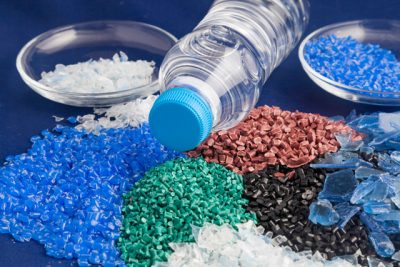
PET
Polyethylene Terephthalate (PET): PET is the most common thermoplastic polymer resin of the polyester family and is classified into two

Polyethylene Terephthalate (PET): PET is the most common thermoplastic polymer resin of the polyester family and is classified into two
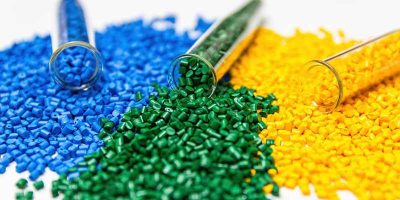
ABS is a common thermoplastic polymer that the most important mechanical properties of it are impact resistance and toughness.
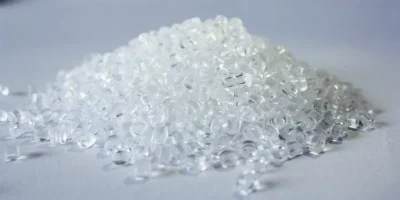
PS is a long chain hydrocarbon wherein alternating carbon centers are attached to benzene.

PVC is the world’s third-most widely produced synthetic plastic polymer, after polyethylene and polypropylene. PVC comes in two basic forms: rigid and flexible.
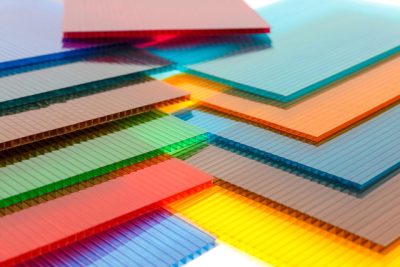
PC polymers are a group of thermoplastic polymers containing carbonate groups in their chemical structures.
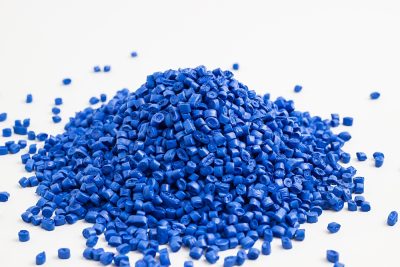
Polypropylene copolymer (PPC) is a type of polymer material that is produced by incorporating one or more comonomers—such as ethylene, butene, hexene, or other olefinic compounds—with polypropylene.
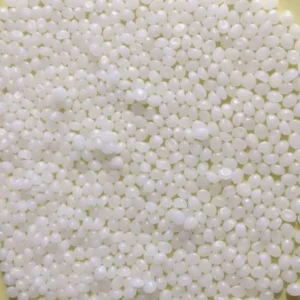
PP is a thermoplastic polymer used in a wide variety of applications. PP is classified into two categories: Copolymer: Includes
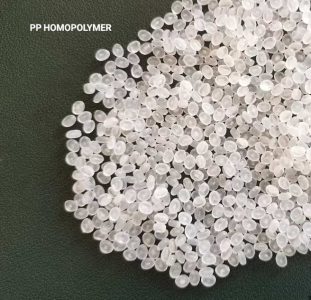
We carry a wide range of engineering, high-performance and commodity plastics – including polypropylene – in a variety of shapes and sizes to suit a variety of plastic needs, including:
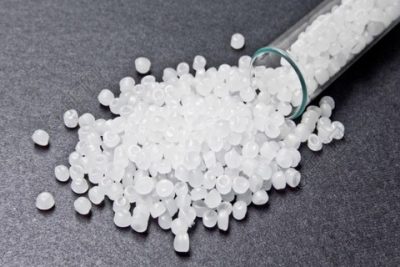
Linear Low Density Polyethylene (LLDPE) is produced in a low pressure reactor and incorporates either a butene, hexene or octene comonomer.

Contact a Petrorate sales expert on WhatsApp
